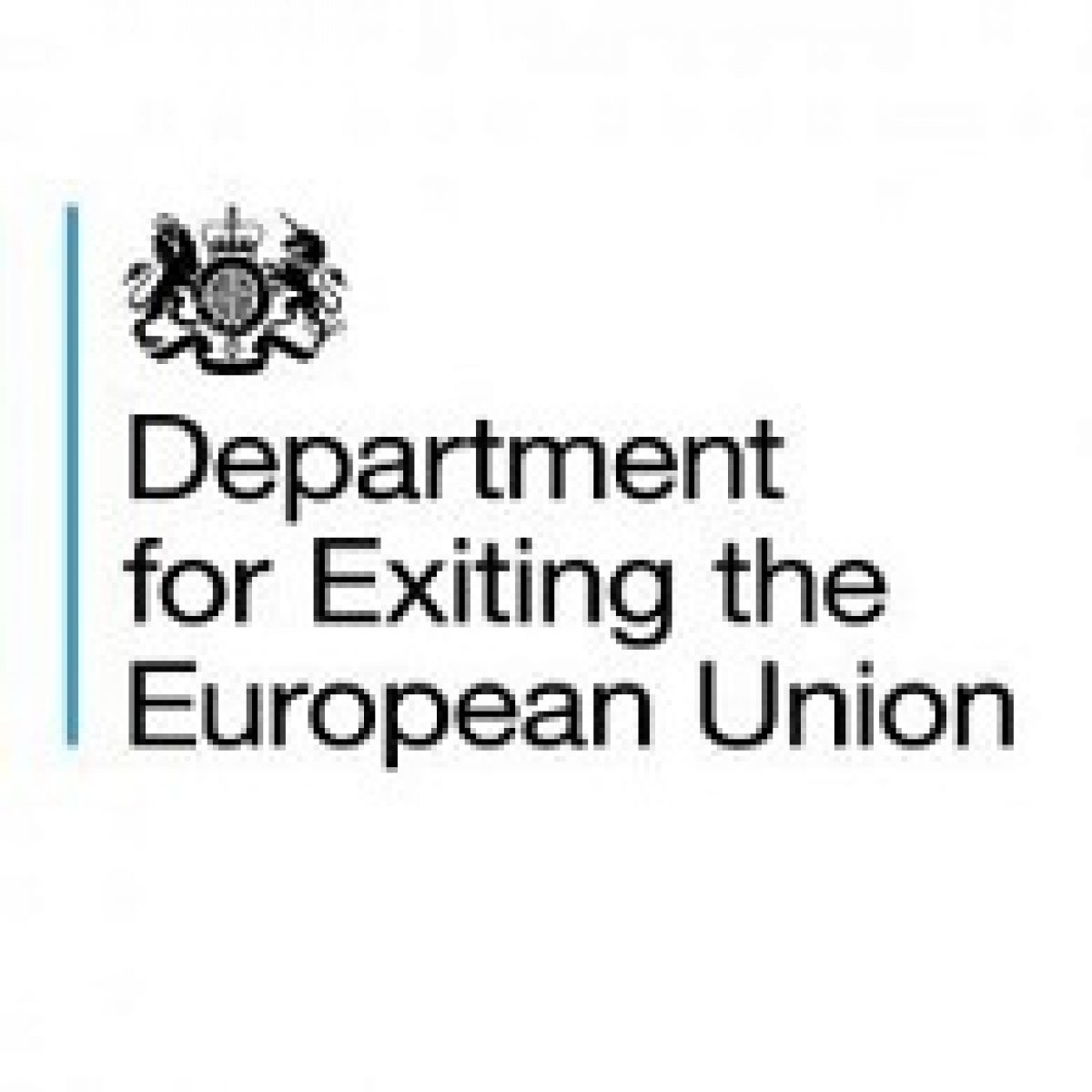
The Department for Exiting the European Union (DExEU) was established on 14 July 2016, after the Referendum on 23 June 2016. DExEU works to achieve a successful outcome in the negotiations to leave the European Union (EU) and in establishing the future relationship between the United Kingdom (UK) and the EU.
This plan sets out DExEU’s objectives and how they will achieve them.
UK Government objectives
- Secure the best possible deal on the United Kingdom’s departure from the EU and build a deep and comprehensive future partnership between the UK and the EU
- Deliver and legislate for the UK’s smooth and orderly exit from the EU
- Inform, engage and mobilise interested parties to help shape and secure a successful exit from the EU
- Attract, develop and retain great people and organise ourselves flexibly to deliver our objectives efficiently and effectively
Key points:
- Secure the best possible deal
- Finalise Article 50 negotiations with the EU
- Deliver an implementation period to allow all involved time to adjust, and to provide certainty. Achieved through ‘a strictly time-limited implementation’ - UK and EU would continue to have access to one another’s markets on current terms.
- Build a Future Partnership that protects our shared interests and values. Achieved through, a unique and ambitious economic partnership that allows for the freest possible trade in goods and services. Agree cross-cutting provisions to underpin the partnership on the exchange of data.
- Government wants to ensure that the UK can engage independently with the rest of the world and create its own beneficial trade partnerships.
- NFDA has voiced to DExEU that it is in favour of continued free and borderless trade and encourages the above position.
- Deliver and legislate for UK’s exit
- Negotiate as one United Kingdom and ensure that the Devolved Administrations and the Crown Dependencies, Gibraltar and the other Overseas Territories are fully engaged
- Develop and deliver the European Union (Withdrawal) Bill and the Withdrawal Agreement & Implementation Bill to help implement the UK’s exit from the EU
- Scrutinise domestic policy solutions and delivery plans and monitor and support departmental progress toward delivering each exit plan and encourage cross-departmental collaboration
- Lead cross-government work on international agreements
- Inform, engage and mobilise
- Enable parliamentary scrutiny, while balancing the need to protect the Government’s negotiating position.
- This is an area of the plan that has not settled well with Parliament. Government continues to state that it will not initially pass all legislation through Parliament or the devolved administrations, caveat noted above. Instead, will bypass parliamentary process in some areas for time management purposes. Parliament and the Scottish Parliament say this goes against the formal check and balance process and is a ‘power grab’ for Government.
- Hold a vote on the final deal – covering both the Withdrawal Agreement and the terms for our future relationship with the EU – in Parliament as soon as possible after the negotiations have concluded.
- Undertake extensive engagement with civil society and non-governmental organisations
- Attract, develop and retain people and deliver objectives efficiently and effectively
- Attract, develop and retain officials with a wide range of expertise from across government and outside the Civil Service
- Monitor the department’s performance against its objectives, use of resources and its risk management approach
